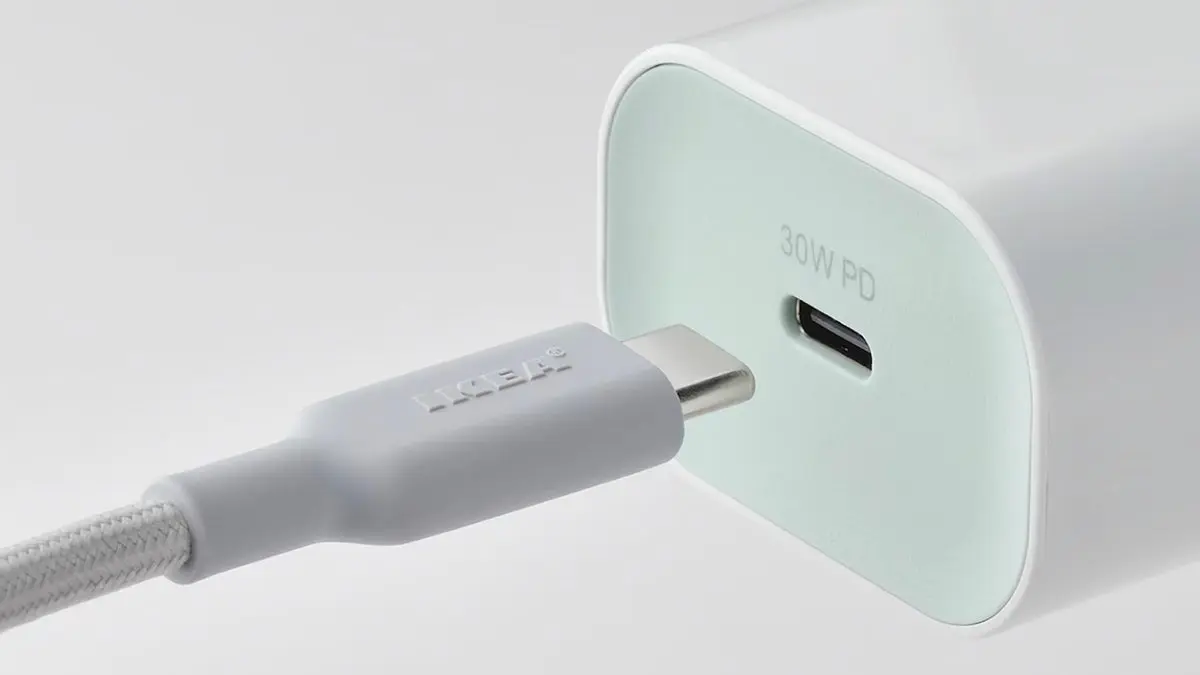

I think you need to take a step back and ask if ARM makes sense if you’re translating x86 instructions 100% of the time. Unless you’re hoping people will develop new games for ARM and you won’t use your SD to play existing titles much, but that seems like a 180° shift to me.





As an early season Simpsons lover, I enjoy D’ohrdle.